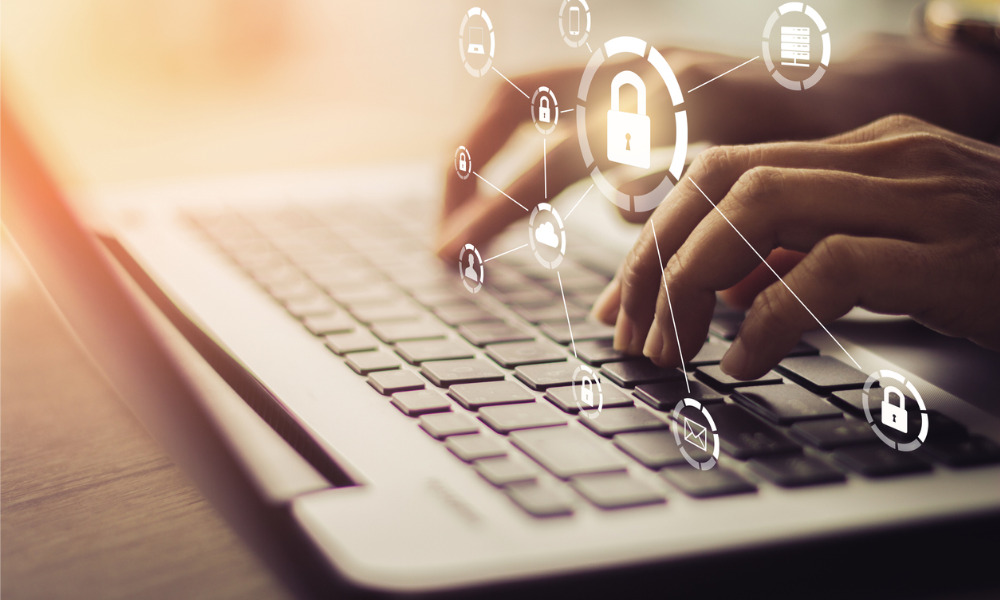
Businesses need to be proactive in setting new best practices with respect to the protection of their intellectual property

With the outbreak of COVID-19, all of a sudden, to keep businesses afloat, employers and employees are having to work from home in unprecedented numbers. This presents numerous challenges for businesses when it comes to cyber security, data protection and compliance with privacy laws.
More so than ever, businesses need to be proactive in setting new best practices with respect to the protection of their intellectual property, confidential documents and any personal information they collect while employees are working remotely and looking at business continuity measures.
The Office of the Australian Information Commissioner (OAIC) has issued some guidance to help entities regulated by the Privacy Act 1988 (Cth) (Privacy Act) address their privacy obligations in the context of the pandemic.
OAIC recommendations
Agencies and private sector employees should aim to limit the collection, use and disclosure of personal information to what is necessary to prevent and manage COVID-19.
Regulated entities need to:
Agencies and employers will need to consider similar security measures for employees working remotely as those that apply in normal circumstances.
Steps to put in place to protect personal information when employees work remotely
Steps from the OAIC for protecting personal information when working from home (or anywhere other than the office) include:
What else does your business need to consider?
How can we help you?
Australian Business Lawyers & Advisors can assist you with a range of cyber security and data privacy legal services including:
For more information see our Cyber Security Checklist here.
If you would like to discuss your concerns about cyber security and data protection in the context of working remotely or want to put in place appropriate mitigation strategies, please contact our Corporate and Commercial team on 1300 565 846 or email us at [email protected].
Kate Mansfield is an Associate from Australian Business Lawyers and Advisors (ABLA)